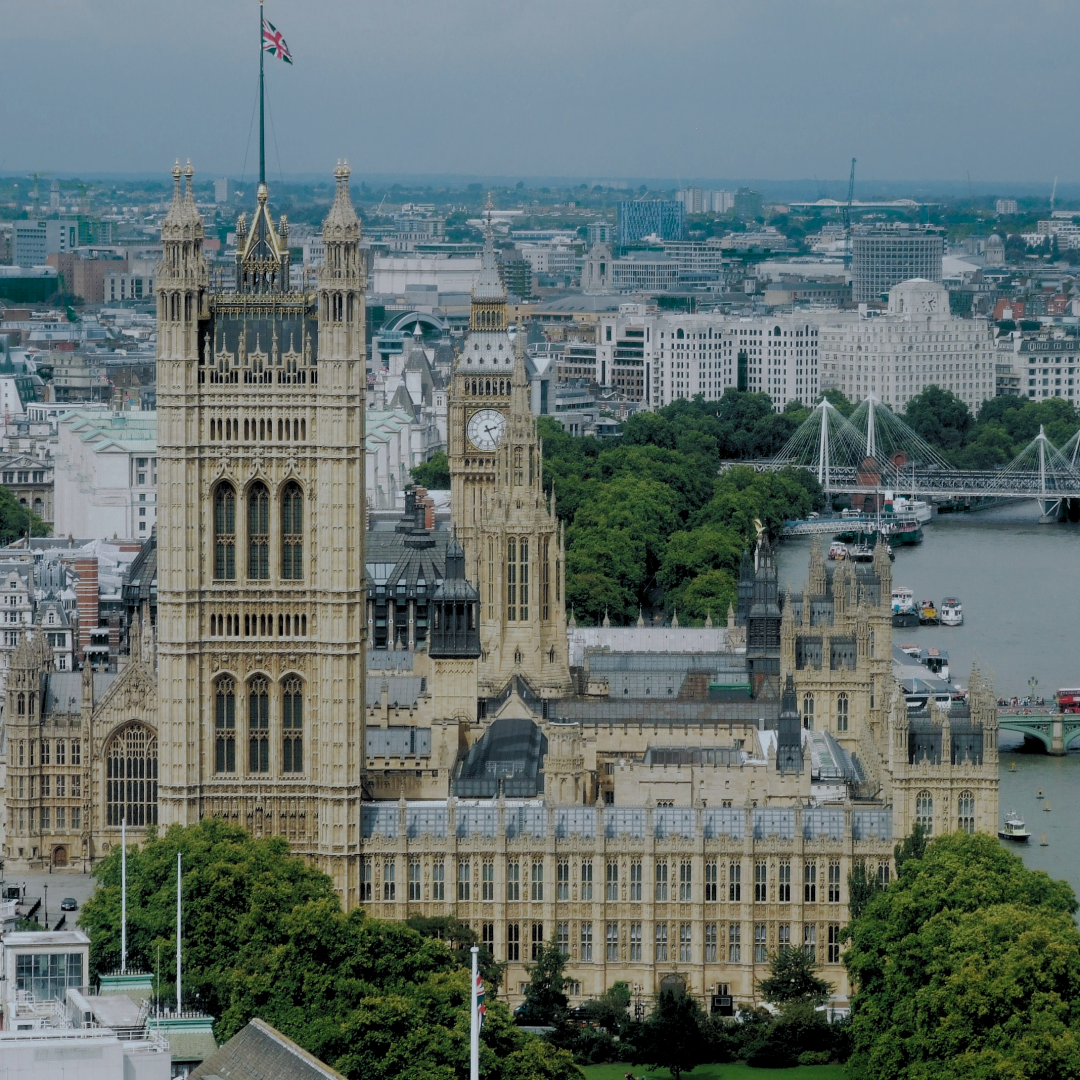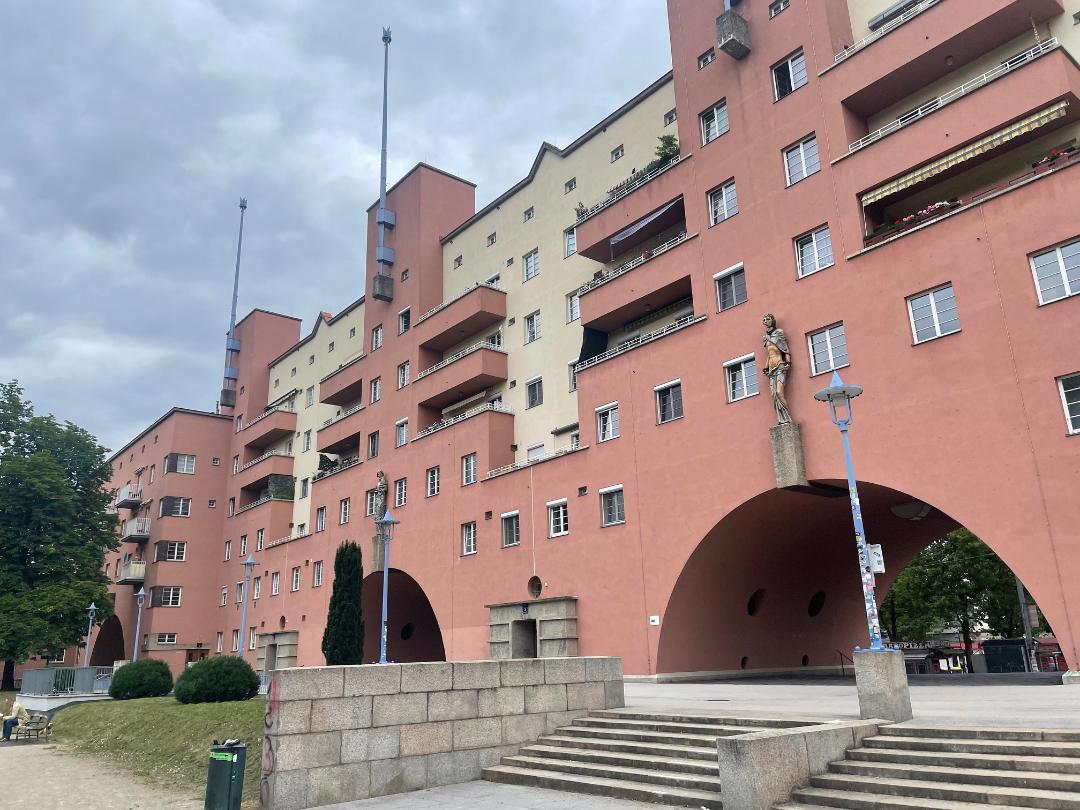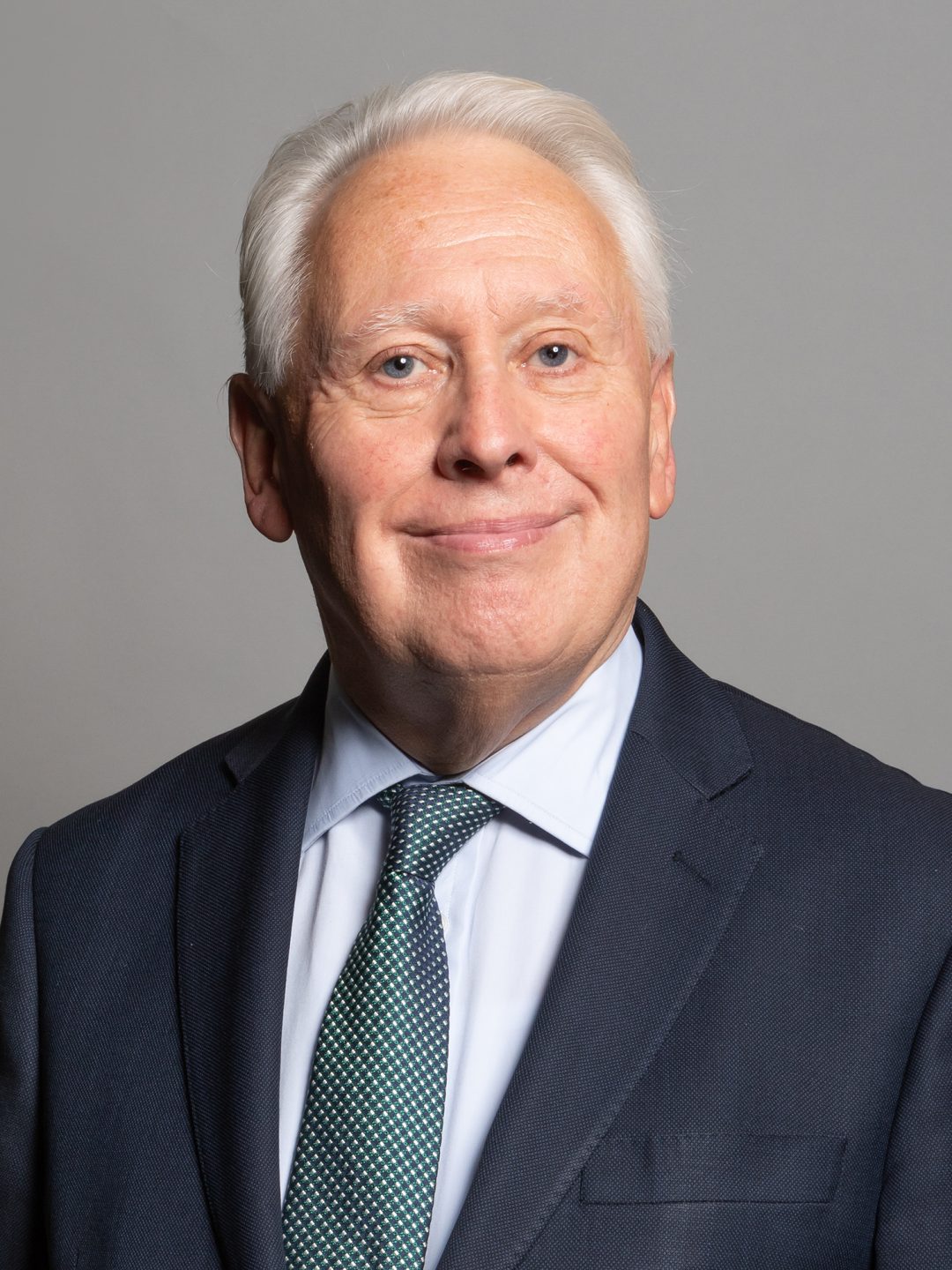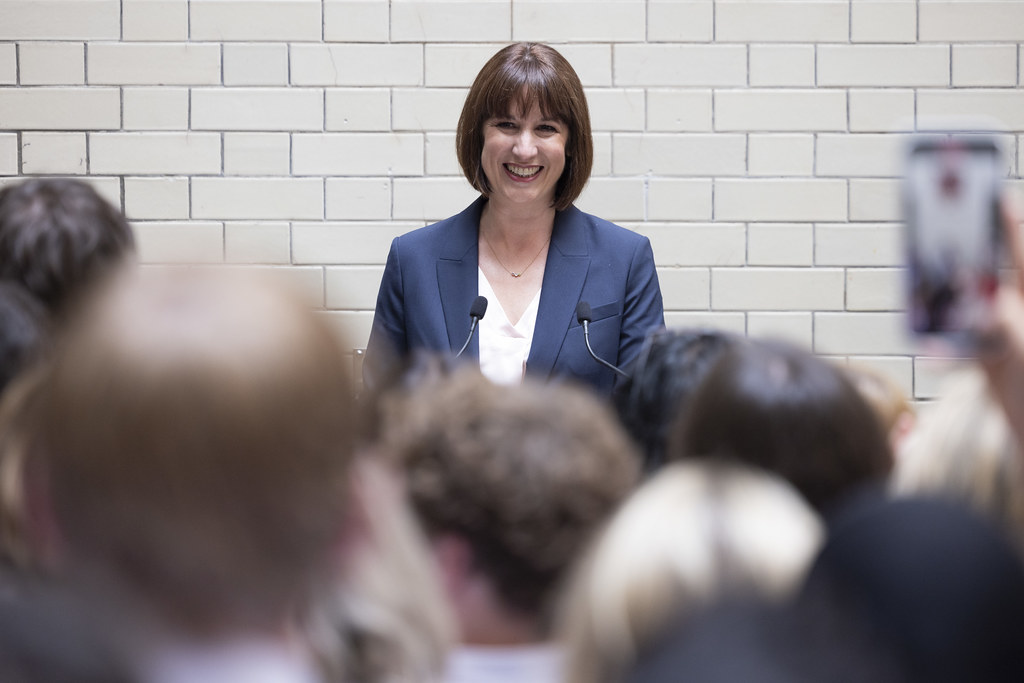How is the Northern Powerhouse stacking up?
One year on from its first annual conference, and a few more since the concept was announced by the then Chancellor George Osborne, how is the Northern Powerhouse stacking up? Cratus reports back from last week’s second annual UK Northern Powerhouse Conference in Manchester.
Brand:
The Northern Powerhouse has become a recognisable brand in the “right parts of town” and there were no surprises to be found in IpsosMori North’s in that regard. Awareness of the Northern Powerhouse remains highest in the North. But beyond the sentiment of Northern ambitions for connectivity, infrastructure and a platform for place-based funding, a strategic vision for the Northern Powerhouse concept was absent from panel musings in the opening scene-setting session.
Leadership:
The private sector is still grappling with multiple visions and naturally seeks out one voice, a leader to demonstrate to them how their businesses can work with the Northern Powerhouse. Delegates jovially noted George Osborne by his absence and Lord Kerslake, Chair of the UK NP Advisory Board accepted that the brand needed greater profiling in the areas that matter and the clarity of ambition to achieve its aims.
British values:
Interestingly, last year delegates were more optimistic than pessimistic about the future economic outlook of the UK and the northern economy. Fast forward to Day 1 of 2017’s conference. In a loose straw poll conducted by Broadcaster John Humphrys, delegates were overwhelming pessimistic about the level of uncertainty placed on growth and economy following the vote to leave UK, perhaps a reflection of the political balance of both the conference panel and the attending delegates. Perhaps also nod to deep-routed British values of shrewdness and…pessimism.
Diversity:
It matters. Of course it does. Gender diversity, black and ethnic minority diversity, executive and elected member diversity, and diversity of varied opinions across speaker platforms was glaringly absent from the two-day session. Commentators went so far as to describe sessions as pale, male and stale. A fact highlighted by early morning #LassWar #NorthernPowerWomen protests outside the venue and followed up in audience questions at every panel session.
Personality:
Delegates, exhibitors, speakers and protestors in the North are savvy like their Scotch neighbours and passionate, territorial and proud. Aside from the economic potential of the region, doing business in the North will be rewarding and worthwhile with such kinsmen and women.
International market:
The Northern Powerhouse as a brand is gaining traction in international markets with both Chinese and Indian delegations at the conference. As a top 20 location in EU with 15 million people, 1 million businesses generating 19% of the UK’s GDP and an economy worth £316bn, the growth potential and economies of scale resonates with China given the demographics of their vast provinces.
Competition:
Will the Midlands Engine steal Northern Powerhouse thunder? When will the North South divide of financial disparity be addressed? Northern leaders are passionate about fairness and prosperity of growth. Closer to home, Lancashire’s Leader Jenny Mein set the standard and made BBC NW headlines when she announced that Lancashire could one day soon consider a growth project in Yorkshire. The news anchor looked stunned.
Politics beyond Brexit:
Following such a politically turbulent 2016 and in the year of local elections and the region’s first elected mayoral elections, aside from Broadcaster John Humphrys’ Trump impression, there was a huge gap in the conference’s political discourse.
Brexit is the fulcrum. Leaders must see beyond the uncertainty posed by Article 50’s two-year negotiations with the EU. Both the Northern Powerhouse and exiting the European Union contribute to a major shift in power-making for the UK. As the country devolves from European centralisation, the Northern Powerhouse must also call for even greater devolution from Westminster.
Soft versus hard infrastructure:
Transport infrastructure is key to the growth of the Northern Powerhouse…according to male panel speakers. Hard infrastructure with the potential to connect up the single labour market and increase growth. In contrast to this, female speakers promoted the soft infrastructure of people, skills and homes as the means to generate meaningful growth in the region. Combining both these visions will bring prosperity to the vast communities within the Northern Powerhouse…a Powerhouse for the people.
The People’s Powerhouse:
Born out of the momentum of the protests from strong female leaders of the Northern Powerhouse, The Guardian’s Helen Pidd, Wigan Council’s Donna Hall, Doncaster Council’s Jo Miller and Northern Power Women’s Simone Roche have joined forces to deliver an alternative to the pale, male and stale set up of one too many infrastructure conferences. On 09 May at Doncaster Rovers, industries will come together on The People’s Powerhouse platform, discussing the need to make the Northern Powerhouse personal to unleash the potential for economic growth to significantly improve the life chances of every community in the Northern Powerhouse.
Cratus will be joining them. Will you?








